
Why Most Dispatch Businesses Don’t Scale — and How You Can
Starting a dispatch business is one thing. Scaling it? That’s where most people get stuck. Too many dispatchers go from booking their first few loads to feeling overwhelmed, burnt out, and unsure how to take the next step. If you’ve ever felt like your business is running you instead of the other way around, you’re not alone. The truth is, most dispatch businesses don’t scale — but not because the owner lacks hustle. It’s because they lack a strategy.
Let’s break down why most dispatch operations hit a ceiling — and how you can break through it.
They Never Systemize Their Workflows
Most dispatchers start off doing everything manually — calls, follow-ups, check-ins, emails, rate confirmations — and it works, for a while. But manual effort doesn’t scale. If you’re still relying on memory and scattered notes to run your day, you’ve already hit your limit.
Solution: Implement clear systems. Use dispatch-specific spreadsheets, scheduling tools, CRMs, and standardized procedures for check-ins, booking, and invoicing. The right systems don’t just make your job easier — they make it scalable.
They Try to Do It All Alone
One of the biggest traps in early dispatching is becoming the bottleneck. When you’re the only one doing everything, your business can’t grow past your personal capacity. Growth demands delegation — even before you feel “ready.”
Solution: Start with micro-outsourcing. Hire a virtual assistant to handle follow-ups or paperwork. Create SOPs so someone else can step in without losing your flow. You don’t need a big team — you just need a plan for handing off tasks.
They Don’t Build a Brand — They Just Book Loads
Booking loads is the job. But building trust, credibility, and visibility? That’s the business. Dispatchers who stay behind the scenes with no website, no social proof, and no consistent message often find it hard to grow beyond referrals.
Solution: Treat your dispatch company like a brand. Build a simple website. Create valuable social media content. Collect reviews and testimonials. The more visible and trusted you are, the easier it is to attract new carriers and grow.
They Avoid the Numbers
You can’t scale what you don’t measure. Many dispatchers are so focused on operations that they ignore finances, profit margins, KPIs, and carrier retention stats. Without clarity on what’s working, growth becomes a guessing game.
Solution: Track your metrics. Know your average revenue per carrier, your monthly overhead, your cost per lead. Set revenue goals and build backward. Scaling becomes clear when you know your numbers.
They Don’t Invest in Continued Learning
Dispatching changes. Carrier needs shift. Market rates move. If you’re not growing, you’re falling behind. Many dispatchers plateau because they stop learning after the basics.
Solution: Stay plugged in. Follow industry leaders. Read case studies. Invest in advanced training (like the Advanced Dispatch Playbook). Scaling requires new skills — and new thinking.
Conclusion
You started this business for freedom. But freedom doesn’t come from hustle alone — it comes from building smart, scalable systems that don’t collapse when your workload doubles. Most dispatch businesses don’t scale because they stay stuck in survival mode. But yours doesn’t have to.
💡 Want more strategies to scale with less stress? Grab your free dispatch ebook here — and when you’re ready, my masterclass walks you step-by-step through the systems that power a six-figure dispatch operation.
About the Author
Built from the ground up.
J. Bloom is the founder of Dispatch Millionaire, a logistics educator and former Class A CDL route driver with nearly a decade in the trenches. After navigating the industry from behind the wheel to behind the desk, he now helps aspiring dispatchers and trucking entrepreneurs skip the guesswork and build real businesses through proven strategies, training, and tools. Whether you’re just getting started or scaling up, he’s here to help you do it smarter.







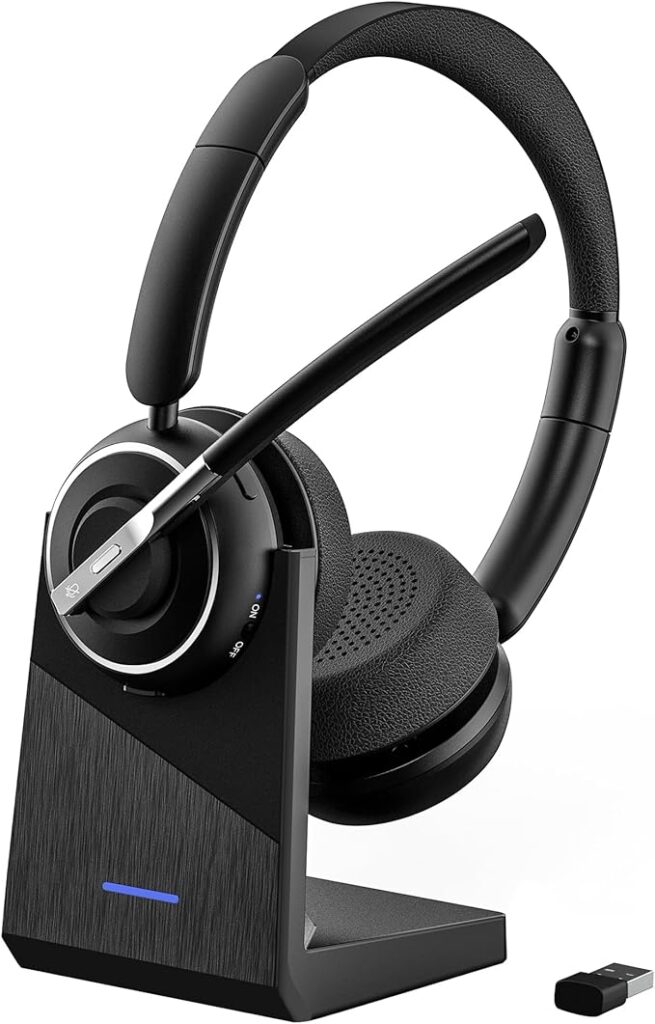
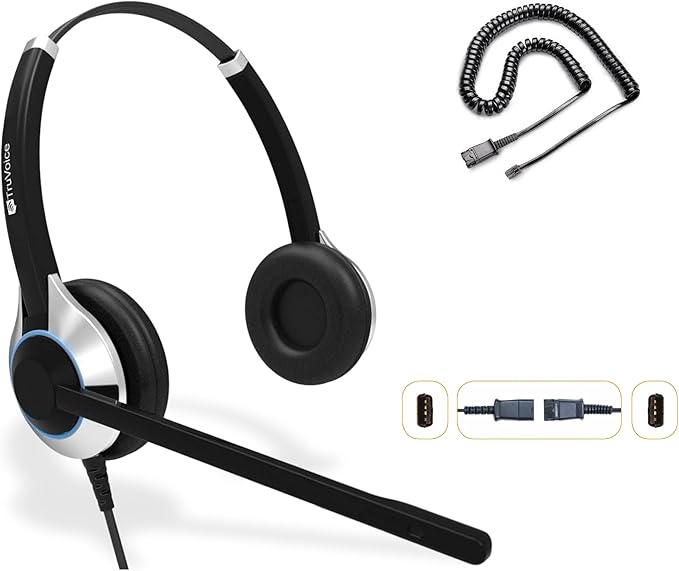
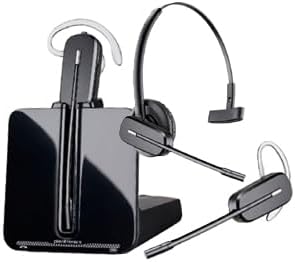
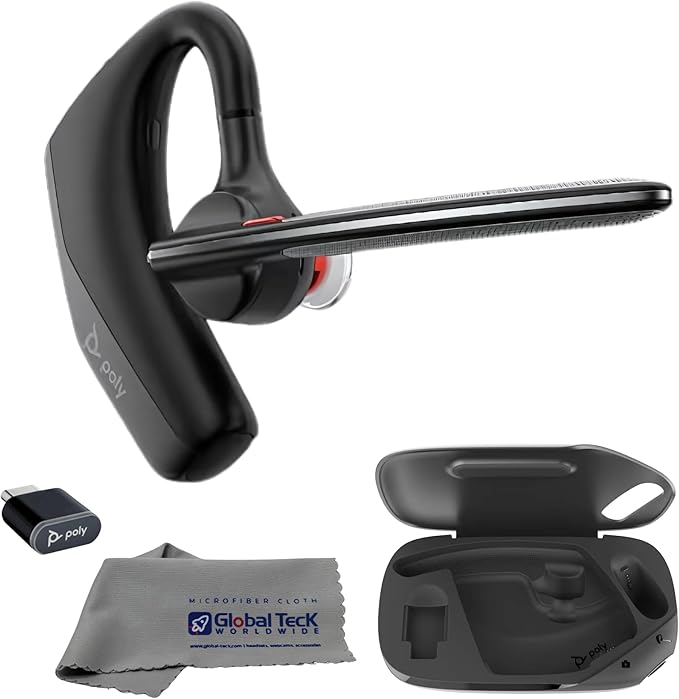
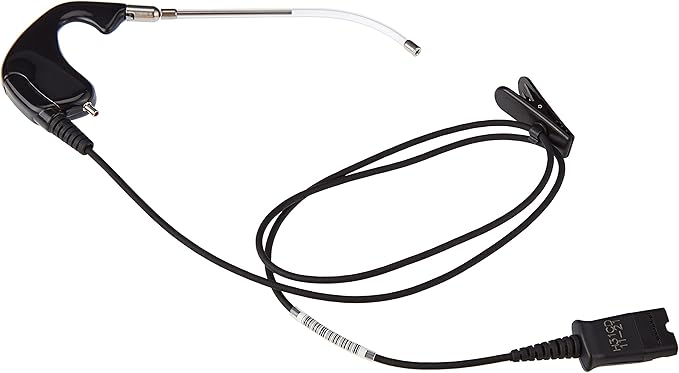



Leave a Reply